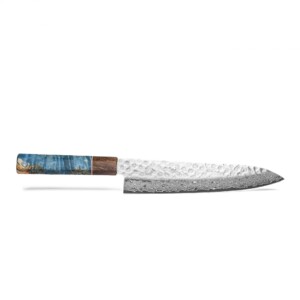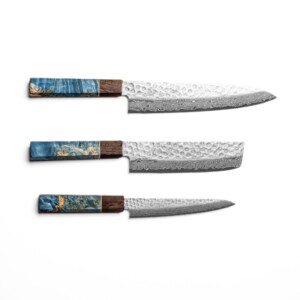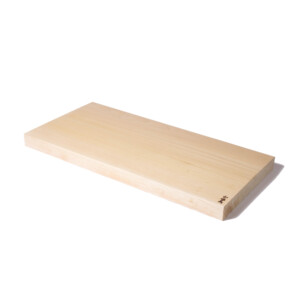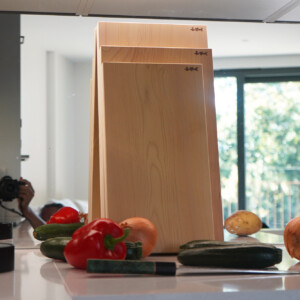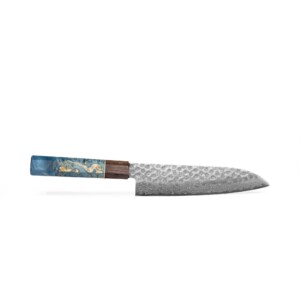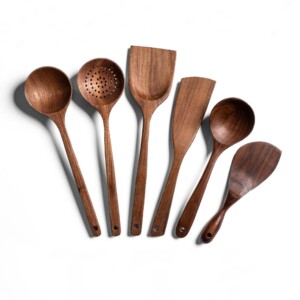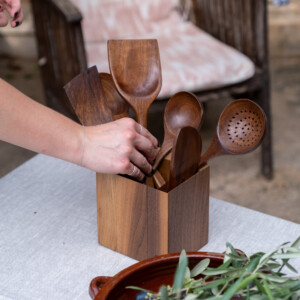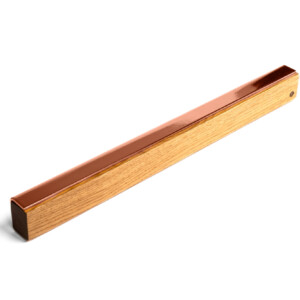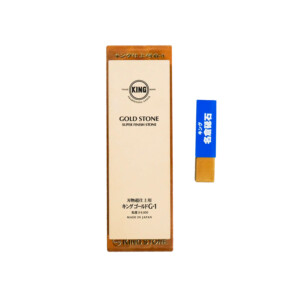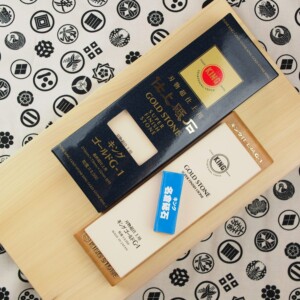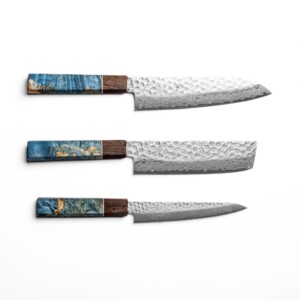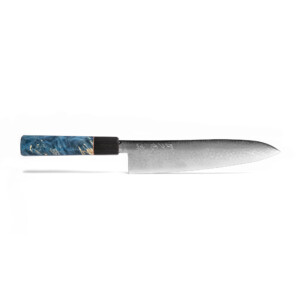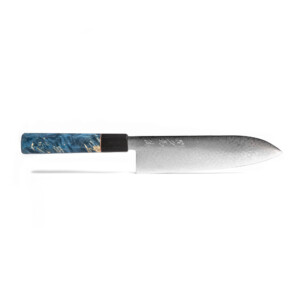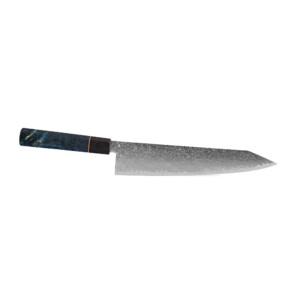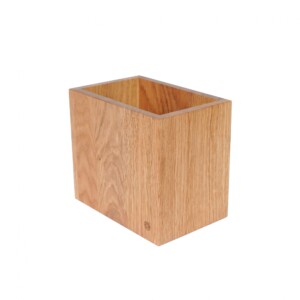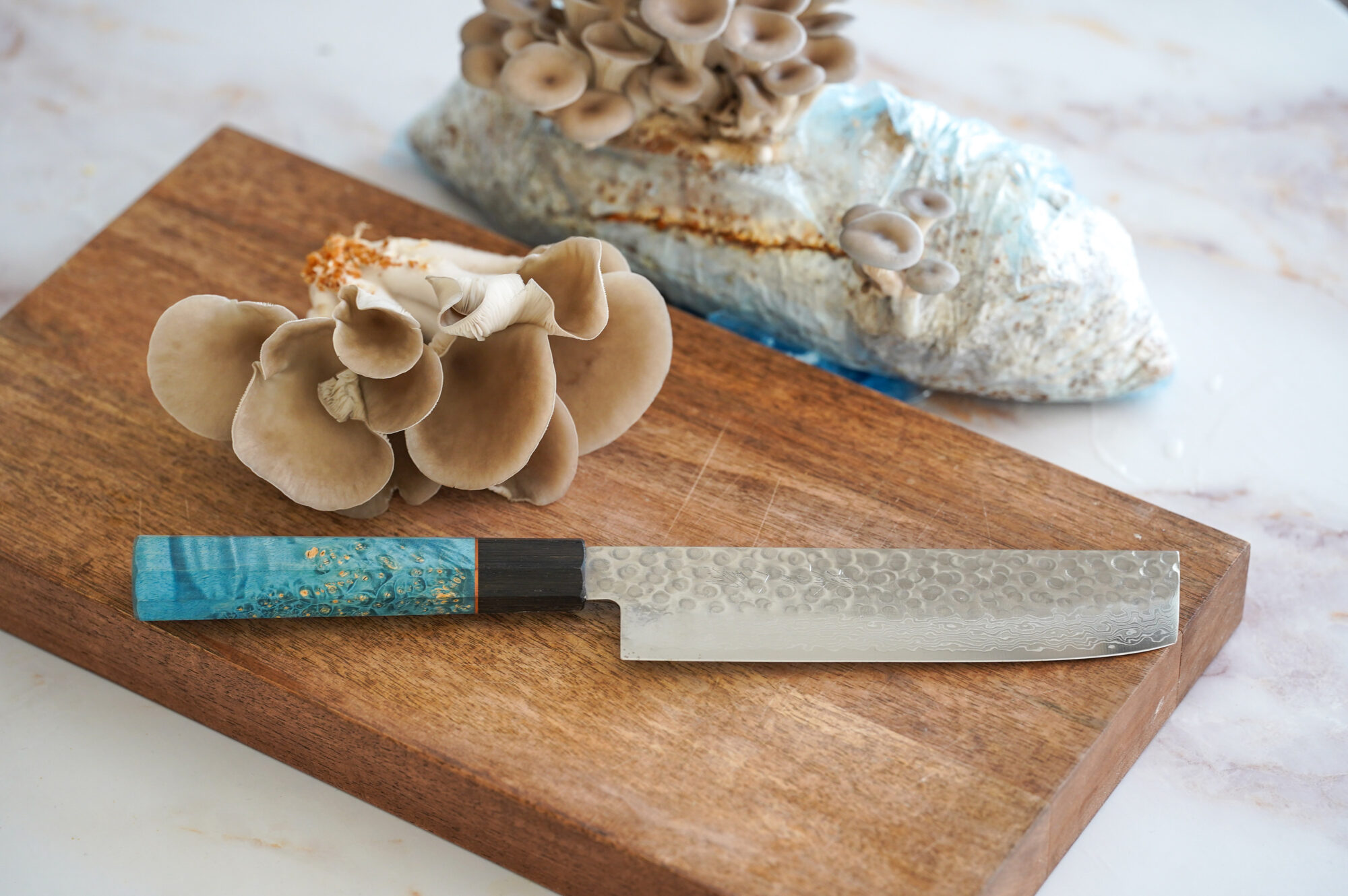Sushi is a traditional Japanese dish that consists of cooked vinegared rice served with raw or cooked seafood, vegetables, and sometimes egg or meat (like duck). It is often served with soy sauce and wasabi, for dipping. Sushi is typically rolled into bite-sized pieces using seaweed sheets (called nori) and is often served with pickled ginger. Sushi has a long history in Japan and is an important part of the country’s culinary tradition. It is often served on special occasions and is considered a symbol of Japanese culture and hospitality. However, pregnant women are often advised to avoid it. Why is that?
Why is sushi considered dangerous for pregnant women?
It is generally safe for pregnant women to eat sushi made with cooked fish or vegetables. However, it is important to be cautious when eating raw fish or shellfish, as they can potentially contain harmful bacteria or parasites that can cause foodborne illness. Pregnant women have a higher risk of developing complications from foodborne illness, so it is important to take extra care when selecting and preparing the dish.
If you are expecting and want to eat sushi, choose rolls made with cooked ingredients such as cooked shrimp, cooked crab, or cooked vegetables. You can also ask your doctor for guidance on whether it is safe for you to eat raw fish or shellfish during pregnancy.
It is also important to be aware of the risk of mercury exposure from certain types of fish. Some types of fish, such as shark, swordfish, king mackerel, and tilefish, contain high levels of mercury and should be avoided during pregnancy. Therefore, if you want to be on the safe side, avoid sushi made with raw fish during pregnancy.
Fish that have been found to contain high levels of mercury include:
- Shark
- Swordfish
- King mackerel
- Tilefish
- Orange roughy
- Bigeye tuna
- Marlin
- Clock Fish
Pregnant women should be cautious when it comes to eating any other type of street food, undercooked meats or differentiated foods. So, even if the dish in question contains fried fish, make sure it is well-cooked.

What are the risks of eating raw fish?
The high percentage of mercury present in salmon and fresh tuna can affect the fetal central nervous system. It is not recommended to eat more than 2 pieces per week (170g). The risks with regard to parasites are the same for those who are not pregnant.
Eating raw fish can be risky because it can harbour harmful bacteria, parasites, and viruses that can cause food poisoning. Raw fish can also contain toxins that can cause other types of illness or the possibility of contracting a bacterial infection. Some types of bacteria that can be found in raw fish include Vibrio, Listeria, and Salmonella. These bacteria can cause symptoms such as fever, abdominal cramps, diarrhea, and vomiting. Parasites are another potential risk of eating raw fish. Some types of parasites that can be found in raw fish include roundworms, tapeworms, and flukes. These parasites can cause symptoms such as abdominal pain, diarrhea, and vomiting, and in some cases, they can cause more serious health problems.
It’s good to note that raw fish (sushi) does not transmit toxoplasmosis – the disease is transmitted only by raw or undercooked meat. Avoid eating sushi at steakhouses, where the sushi knife may have come into contact with raw meat.
Some people think that eating wasabi will protect our body from some bacteria, but in fact, pregnant women cannot eat wasabi either, since it can also be harmful.

What type of sushi can expecting mothers eat?
Sushi is not just raw fish, more often than not, it is, anything wrapped in nori seaweed or something else. In a way, when eating sushi, you don’t even want to taste the fish, the combination of ingredients makes the dish succulent.
Expecting mothers can generally eat most types of sushi, as long as it is made with cooked seafood and vegetables and is handled properly to reduce the risk of food poisoning. However, there are a few types of sushi that may not be safe for expecting mothers to eat due to the risk of food poisoning or other health risks.
Smoked and chilled seafood should also be avoided as there is a risk of listeria. The FDA recommends that fish be cooked to an internal temperature of 145 degrees Fahrenheit (above 62°C).
It’s safe for expecting mothers to eat sushi made with cooked seafood, such as cooked shrimp, crab, and lobster, as well as cooked vegetables. These types of sushi do not pose a risk of food poisoning or other health risks. So if you’re pregnant and craving sushi – there are hundreds of available options for you.
Can pregnant women eat ceviche?

Ceviche is one of the most popular dishes in Japanese restaurants, despite its non-Japanese origin (Peru). Some think it’s safe to eat ceviche, as the fish cooks in the lemon sauce. While the acid in the citrus juice can help to “cook” the seafood and reduce the risk of food poisoning, there is still a risk of contracting a bacterial or viral infection or consuming toxins. Ceviche can stay in the sauce longer and is a little safer, but be careful with dishes like Tataki and Carpaccio.
It is generally not recommended for pregnant women to eat raw fish or shellfish due to the risk of food poisoning and other health risks. Raw fish and shellfish can harbour harmful bacteria, parasites, and viruses that can cause food poisoning, and they can also contain toxins that can be harmful to pregnant women and their unborn babies.
If you are pregnant and you want to eat ceviche, it is important to choose ceviche made with fresh, high-quality seafood that has been handled properly to reduce the risk of food poisoning. And the safest option would be to choose ceviche made with cooked seafood, as this can help to further reduce the risk of food poisoning.


